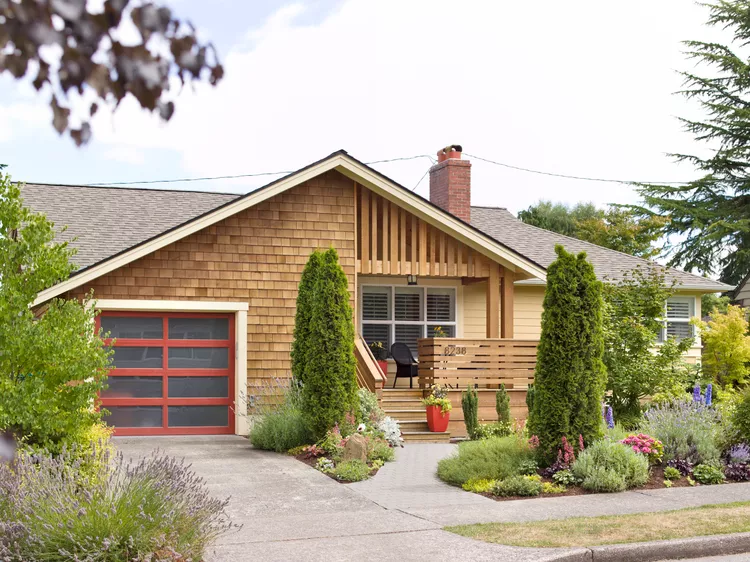Introduction: Taking care of your roof is important to make it last a long time. Whether you’re getting a new roof or replacing an old one, you might wonder how long it will stay in good shape. Let’s learn about the factors that affect a roof’s lifespan and ways to make it last longer.
How Long Do Roofs Last? Different roofs last different amounts of time. Here’s a general idea:
- Architectural shingles: 25–30 years
- Asphalt shingles: 20-30 years
- Clay tile: 50+ years
- Metal: 40-70 years
- Slate tile: 50+ years
- Wood shingles: 20-50 years
These are estimates, and it’s common to need repairs before the full replacement time.
Factors Affecting Roof Lifespan:
- Climate: Sun, heat, and extreme weather can impact your roof. UV rays and heat can damage shingles, while storms can cause leaks.
- Maintenance: Regular inspections and fixing small issues can keep your roof in good shape. Annual checks help catch problems early.
- Quality of Installation: Proper installation by a good contractor is crucial. Bad installation can reduce a roof’s lifespan.
- Material Quality: Higher-quality materials last longer. Choosing good materials can save money in the long run.
- Slope and Pitch: The roof’s angle affects drainage. Poor drainage can lead to problems like leaks.
- Underlayment: This waterproof layer protects the roof. It helps prevent moisture buildup, mold, and rot.
- Ventilation: Good ventilation is important to control temperature. Poor ventilation can cause cracks and other issues.
Tips to Make Your Roof Last Longer:
- Regular Inspections: Check your roof often for issues. Clean gutters and trim branches to prevent damage.
- Professional Maintenance: Get professional maintenance every few years to protect your investment.
- Watch What You Put On Your Roof: Heavy items like decorations or solar panels can damage your roof. Check warranties and insurance policies.
Signs It’s Time for Repair: If your relatively young roof shows signs of damage, it might need repairs, not a full replacement. Look for:
- Leaks or damage in specific areas.
- Moss or algae growth.
- Missing shingles.
When to Call an Inspector: If you notice problems, have a neutral roof inspector assess the damage. They can give unbiased advice and help decide if you need repairs or a replacement.
Conclusion: Taking care of your roof is essential for home safety and value. Regular maintenance, proper installations, and monitoring for issues can make your roof last longer. If you need repairs, get opinions from different professionals to make informed decisions.


